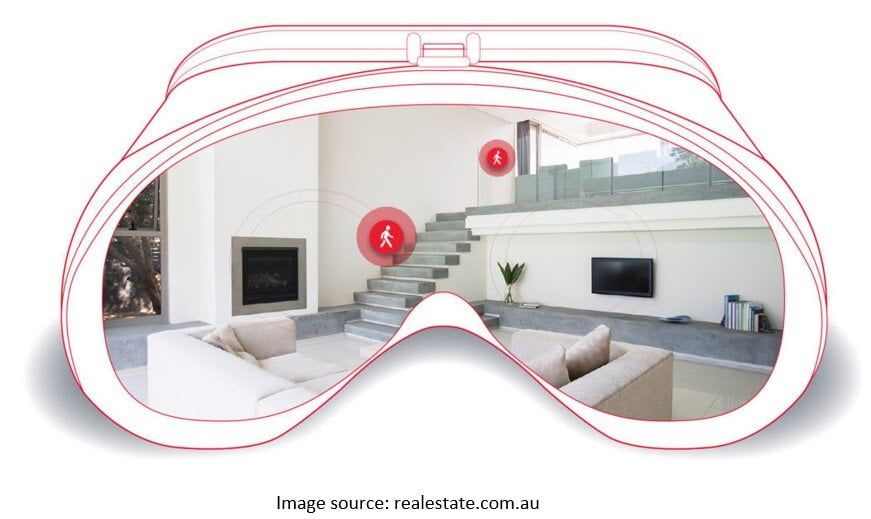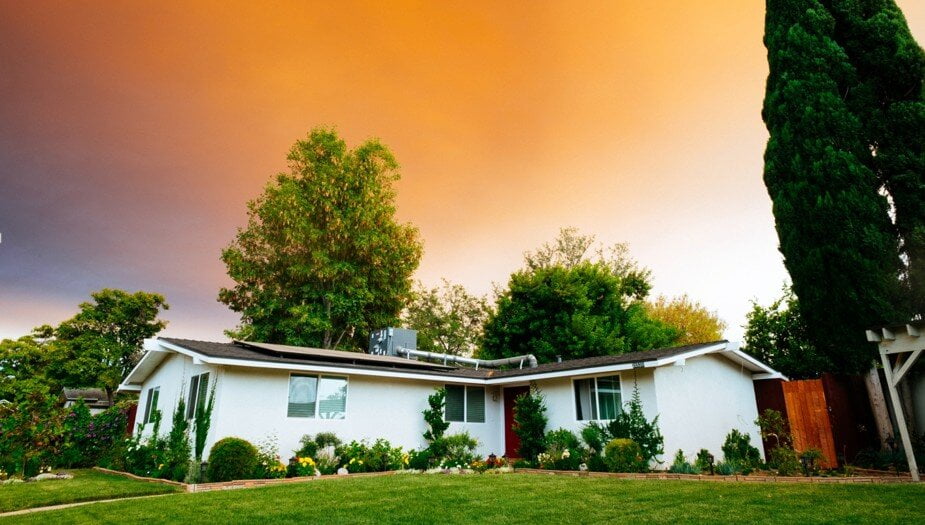The real estate sector was thriving at a rapid pace until March 2020. Property prices were skyrocketing irrespective of urban and rural areas across the world. The Statista Real Estate- global 2020 report has revealed that global investment in the real estate sector was at the highest level in the year 2018 since the financial crisis of 2008. But, the corona outbreak has halted the growth of almost every industry sector, and the real estate sector is no exception!
Though many top real estate companies and agents have brought customized real estate mobile apps to show available properties for rent, lease, or sell conveniently, the real-life visits to shortlisted houses is a big hurdle in a way of realtors and prospective customers alike in this corona age. Movement restrictions, containment zones, and lockdown-like situations have made this inconvenient and time-consuming task more daunting than ever.
Here, technology lends a helping hand. The VR (Virtual Reality) technology can make virtual visits to the property possible with an immersive experience. Realtors and real estate agents can grow their business by getting more clients simply by integrating VR-based features in their real estate applications. This pandemic age is the right time to embrace VR in the real estate sector because a National Association of Realtors survey has shown that 44% of customers search for properties online first.
Top Benefits of VR in Real Estate Industry
Before discussing the five ways VR technology acts as a game-changer for the real estate sector, let’s go through its key benefits-
- Saves Time and Effort
This is the biggest benefit of VR. It saves time for prospective customers and realtors alike. It also eliminates the need of going from one property to another and enables people to stay at home. In today’s turbulent time, when everyone wants to remain safe and stay away from coronavirus infection, a VR real estate mobile app is nothing short of a technological boon. Be it a 3D tour of properties or a 360-degree virtual tour, the VR technology makes it possible on a 24/7 basis.
- Shows Every Detail
Usually, potential buyers or tenants are in a hurry during traditional physical tours of the property. The virtual tour, on the other hand, facilitates them to visit the property at their convenient time from the comforts of their homes. And therefore, they can focus on every detail. Immersiveness of virtual reality apps can attach people emotionally with properties by engaging them.
- Provides Sense of Ownership
What is the most challenging task for realtors or real estate agents? The answer is- conversion of prospective customers to sellers or tenants. Here, VR apps can help you by enabling people to visit properties virtually as and when they what. It gradually establishes a sense of ownership among prospective customers, which ultimately leads them to seal the deal. In a way, VR technology can significantly enhance the customer’s experience.
Five Use Cases of VR Technology in Real Estate Business
Some years back, the importance and potential of VR technology were not much known in the corporate world. Many people considered both AR (Augmented Reality) and VR technologies useful for the video gaming and entertainment sector. However, VR technology has immense potential for the real estate sector. Here are the top five applications of VR in the real estate.
1. 3D Property Tours
Physical property tours are time-consuming and cumbersome especially during the troubled times. Virtual property tours can make this process more efficient and convenient for prospective buyers. Thanks to VR technology, realtors or real estate agents can display virtual tours on their websites and mobile apps. Buyers or tenants can conduct a virtual tour anytime and from any place with ease. Such tours have three-dimensional walkthroughs of properties that can offer an immersive experience to potential buyers or renters. They can also shortlist properties for physical tours on the basis of 3D property tours.
The virtual reality app development company can integrate VR-based features in the app to enable visitors for providing interactive visits and guided tours.

2. Interior Design Display
Architects and interior designers take a lot of time to create 3D layouts for houses. However, virtual reality technology in real estate can make it possible for interior designers to display designs through VR glasses. Various interior design companies can show color schemes and themes as per the room size with ease through VR technology. Clients can readily get various options for the same design. Also, designers can update various alterations in real-time. In a way, virtual technology is proven as an effective solution for architects and interior designers alike.
3. Virtual Setup
The absence of furniture and lack of decorations can reduce the chances of selling or renting the property. Various real estate agencies have started to collaborate and coordinate with interior designers since 1985 to show properties elegantly. The same method is applicable in virtual showcases as well. As per a Home Staging report, 77% of real estate agents say that staging connects potential buyers with a property. The VR technology enables realtors to create 3D real estate tours and promote staging in a cost-effective way for their properties.
4. Virtual Instructions
Another great benefit of VR in the real estate sector is landlords can communicate effectively with tenants. The VR-based real estate app can help landlords and businesses that offer short-term vacation rentals in communicating with potential customers. Tenants can experience 3D virtual tours with an immersive experience and understand utilities at the property easily. It can help landlords to get rid of frequent phone calls and various inquiries from the same potential tenants all the time. The vacation rental industry can also provide virtual instructions to tenants with improved experience and effective communication.
5. Virtual Commerce
After eCommerce and m-commerce, the next wave will of virtual commerce. 3D property tours and virtual staging enable realtors to showcase their properties. The virtual commerce facilitates buyers to make desired changes in the property. For example, buyers want to make changes in the interior shown in the 3D tour. They can go to an online store and choose a different piece of furniture virtually to add to the 3D tour. In a way, they can readily customize the property as per their preferences.
Concluding Remarks
The virtual technology enables the real estate sector to thrive amid the pandemic time by offering immersive experience and appealing looks to the property. The technology is ready to save money, efforts, and energy of realtors and customers alike.







